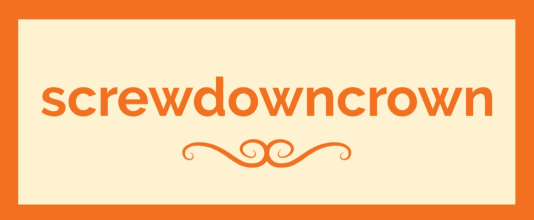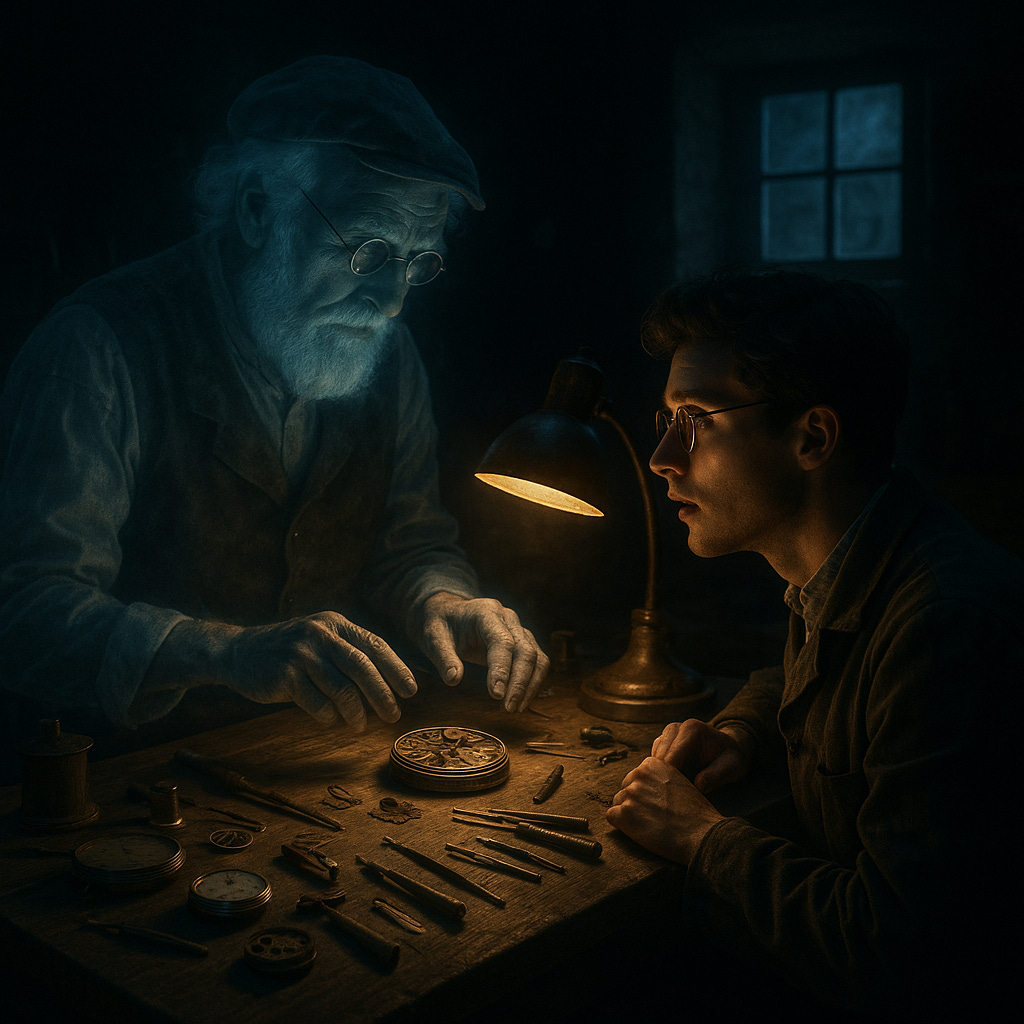Watchmakers' Ghosts
What If AI Brings Back the Masters We've Lost?
That’s what my unofficial editor said about this post. Consider yourself forewarned 😂
Estimated reading time: ~13 minutes
What if you could speak with Abraham-Louis Breguet? Just imagine having a conversation with George Daniels about escapement design or talking to John Harrison about all his failed marine chronometer designs… It is difficult to say how far away technology is from making this possible, and frankly, whether this is exciting or terrifying depends entirely on how much we value our sanity.
Just over 12 years ago, the TV series ‘Black Mirror’ released an episode called “Be Right Back” and in this episode, AI recreates loved ones who have passed away. Back then it was purely science fiction, but recent advances in large language models and generative AI feel like they will, before long, actually make such scenarios possible - and not just for loved ones, but in our case for the greatest watchmaking minds we’ve lost over the centuries. Isn’t that exactly what the industry needs? More dead Swiss men telling us what to do! 😂
The Possibilities Are … Interesting
How about a thought experiment… What would this look like in the watch world?
I suppose these simulations would start with training on everything watchmakers ever wrote, said in interviews, or demonstrated in workshops. These models would need to consume every digitised book, technical paper, magazine feature, YouTube video and so on. Basically anywhere that watchmakers explained their craft or where others tried to explain it on their behalf, would become part of the dataset. Now, if you’ve seen the word salad which passes for watch journalism nowadays, one can only imagine the horrors this might produce.
In theory, these AI watchmakers would ‘understand’ complications, movement architecture, and finishing techniques exactly as their human counterparts did. They would maybe even retain each watchmaker’s philosophies, quirks, and their distinctive approaches to the craft. This means, yes, AI Thierry Stern would likely be just as dismissive of your Cubitus criticism as the real one.
Of course, like current LLMs, they would have access to contemporary knowledge too - imagine George Daniels giving ‘his’ opinion on silicon escapements or Abraham-Louis Breguet assessing the latest Greubel Forsey release. “What’s this? $750,000 for a watch that can’t even keep time as well as a £10 Casio? Jokers!”
These models would have continuity of memory as well, so they would remember previous conversations and be able to build upon them - which is exactly how a real mentor-student relationship might develop in person. That said, given how most watchmakers guard their secrets closely, you can imagine how the F.P. Journe AI may even tell people to piss off repeatedly.
The Applications Would Be Numerous (and Ridiculous)
Just consider how young independent watchmakers would be able to consult with the masters who inspired them. Imagine Rexhep Rexhepi having regular conversations with George Daniels about the design of his latest movement. “Yes, George, I know you don’t approve of that Falcon chap wearing a ghastly pink watch with our brand name on it… You’ve mentioned it twelve times today. I get it. Move on please.”
There’s also the possibility that watch brands would be able to use these simulations to maintain consistency with their founders’ visions. Patek Philippe might check whether a new design truly aligns with what Antoine Norbert de Patek would have wanted, instead of making whatever hideous concoction currently tickles Thierry’s fancy. “The Cubitus, you say? My good man, have you been drinking absinthe before noon again?”
As for us, collectors, we could gain deeper insights into the watches we own. How cool would it be to have Derek Pratt explain the intimate details of the pocket watch you just bought, or to have your child inherit one of your Journe watches, and then get François-Paul Journe to explain to them exactly why he designed a movement in a particular way: “Because it is efficient this way, you imbecile. Why do you ask such stupid questions?”
If they still exist, watchmaking schools would be able to offer students access to the greatest teachers in history. Every aspiring watchmaker could find themselves learning directly from masters whose knowledge might otherwise have been lost. I do also suspect that a non-stop barrage of “No, no, no! You’re doing it all wrong!” in a French accent would probably lead to a spike in depression among watchmaking students of the future.




